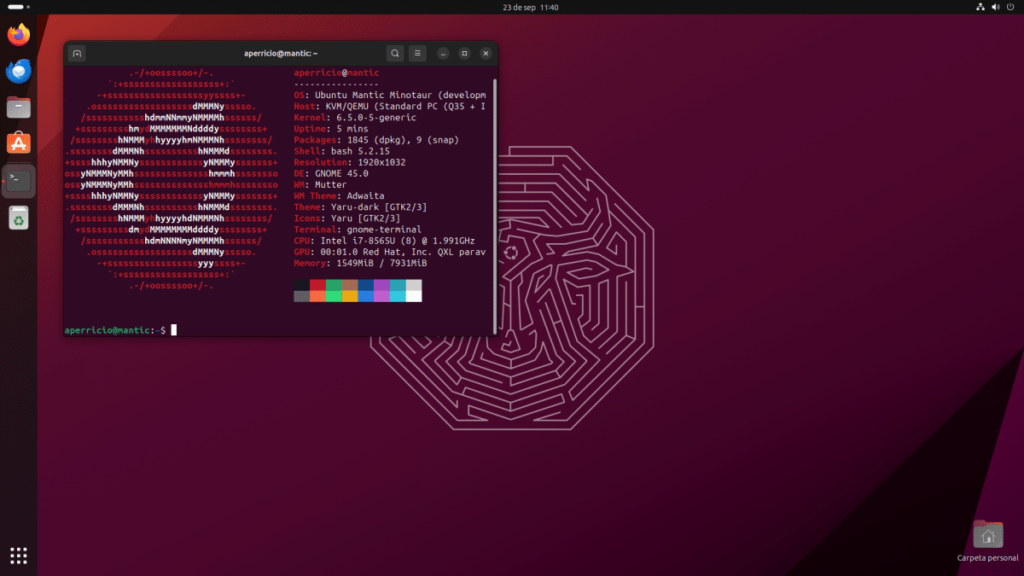Ubuntu provides a rich ecosystem of development tools that cater to various programming languages and workflows. This article aims to explore the essential development tools available on Ubuntu, empowering developers to enhance their productivity and efficiency.
Why Use Ubuntu for Development?
Ubuntu offers a stable and versatile platform for software development, with a vast repository of development tools and libraries. Whether you’re working on web development, mobile apps, or system programming, Ubuntu provides the necessary tools and environment to support your workflow.
How to Utilize Ubuntu Development Tools?
Ubuntu development tools cover a wide range of functionalities, including code editors, integrated development environments (IDEs), version control systems, package managers, and debugging tools. Understanding how to effectively utilize these tools can streamline the development process and improve code quality.

What are the Key Development Tools?
Key development tools on Ubuntu include popular code editors like Visual Studio Code, Atom, and Sublime Text, as well as powerful IDEs such as IntelliJ IDEA, Eclipse, and PyCharm. Version control systems like Git, package managers like apt and Snap, and debugging tools like GDB are also essential components of the development toolkit on Ubuntu.
Importance in Development Workflow
Using the right development tools on Ubuntu can significantly impact the efficiency and success of a development project. These tools facilitate code writing, collaboration, testing, and deployment, ultimately leading to faster development cycles and higher-quality software products.
Ubuntu offers a robust set of development tools that cater to the diverse needs of developers across different domains. By leveraging these tools effectively, developers can enhance their productivity, collaborate more efficiently, and deliver high-quality software solutions on the
Share this article


